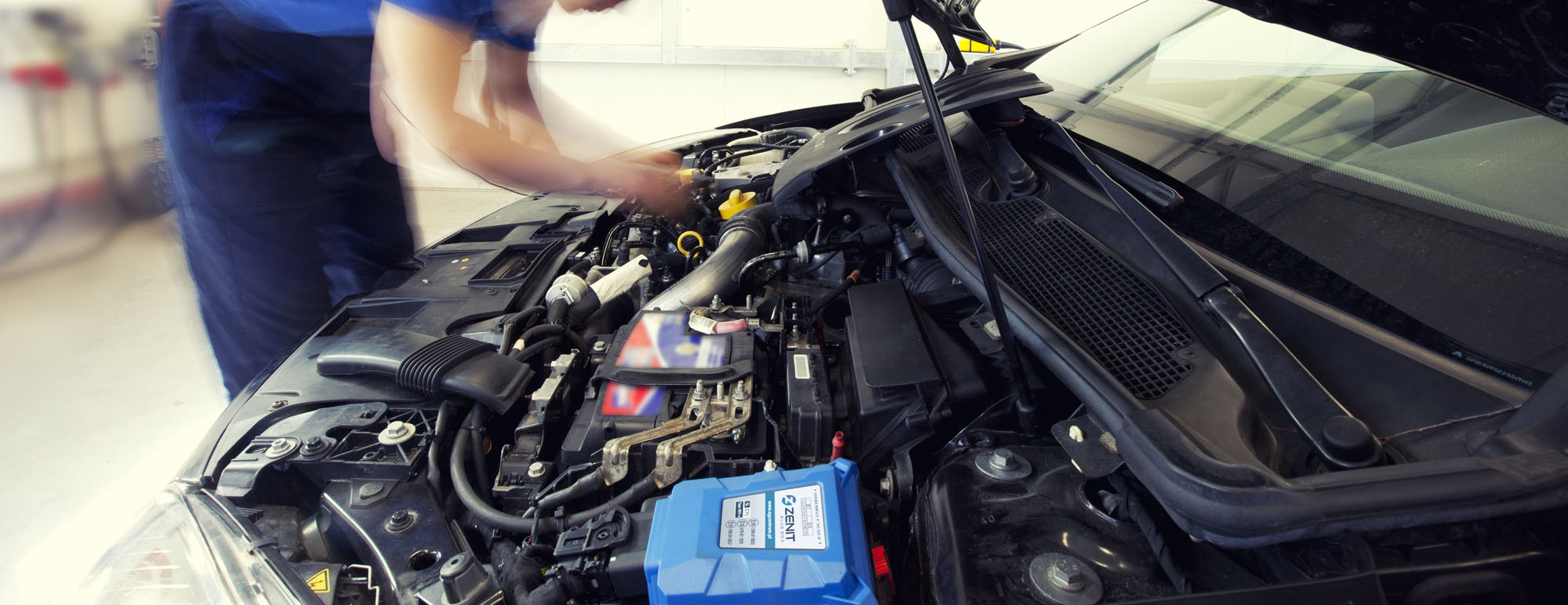LPG – what exactly is it?
LPG is an abbreviation that we deal with relatively often. More and more cars are being powered with this type of fuel. On various internet portals, you can read the facts and myths about LPG installations in cars, which cars are best suited to be adapted to gas supply and many other curiosities on the subject. But what is actually LPG (i.e. the gas, which is being chosen by an increasing number of drivers)?
LPG is an abbreviation of the English term: Liquefied Pertoleum Gas. It is a mixture of propane and butane. When we say gas, we have a volatile substance in front of our eyes, but this type of gas is stored in special containers under pressure in a liquid form. It is an extremely universal source of energy that we have known and used for a long time.
The most popular LPG applications:
- Autogas – fuel for cars with gas installation.
- Domestic cookers, gas grills, tourist cookers – it would be difficult to imagine a kitchen without cooking on gas
- Fuel for various types of heating devices (e.g. heaters)
- Fuel in industrial production processes (e.g. in brick or ceramics factories)
- Aerosol cosmetics – it is LPG that is used as a carrier gas, thanks to which we can carelessly spray a deodorant or hairspray
- Fuel for cutting and metal treatment, roofing and installation works
How is LPG created?
LPG is a by-product that is created during the production of crude oil and petrol. The gas form is also found in small quantities in places where there are oil deposits. It is stored in liquid form in special gas cylinders. Thanks to this form, we can store it much more than it would be possible in a volatile form.
Is winter gas less efficient than summer gas?
LPG is a mixture of two kinds of gas with slightly different properties. Butane condenses at -7 ° C and has higher caloric value than propane. Therefore, in winter conditions, producers change the proportions of the content of these two gases in the mixture. In the fuel designed for use in winter there is less butane than in the summer gas, which is why this type of fuel is a bit less efficient.

